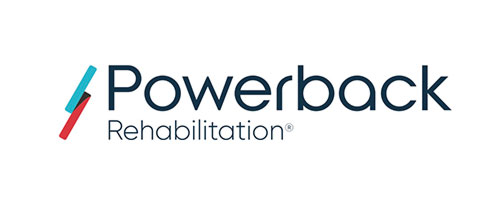Articles
The Journal on Active Aging brings articles of value to professionals dedicated to older-adult quality of life. Content sweeps across the active-aging landscape to focus on education and practice. Find articles of interest by searching the article archives in three ways: Enter a keyword in the articles search bar; click on search by topic; or type a keyword or phrase in the general search bar at the top of the page.
Topic- Cognitive health

Change minds for the better by Michael M. Merzenich, PhD
A few decades ago, most scientists believed that the human brain was hardwired in early life. Research demonstrated that the brain developed all its necessary physical structures and connections during a critical period of early child development. This led to the intuitive conclusion that normal age-related cognitive decline—those changes in behavior that arise naturally—was an unavoidable consequence of an old machine wearing down.
moreCognitive health

Driving wellness for older adults by Nancy Ceridwyn, M.S., M.Ed.
By 2020, more than 40 million Americans ages 70 or older will be licensed drivers. Not only will more older people drive than ever before, they also will drive more miles per year and at older ages than previous generations.
Baby Boomers have long enjoyed the freedom to drive their cars for work and for pleasure, and most likely they will continue to use them as they age. Also, many older adults rely heavily on the automobile for transportation: they have moved out of urban areas or raised families and aged in suburban or rural communities away from other transportation choices.
Cognitive health

The six brain functions by Allen Bragdon
The scientific evidence is now irrefutable: When you keep the problem-solving circuits of your brain active you improve performance and help prevent degeneration with age. To better understand the elements on research of cognitive skills, it helps to understand the functions of the brain.
moreCognitive health

Facilitating a mental aerobics class by Terry Fay, B.A.
Organizations that serve the health and wellness needs of older adults offer classes to help older adults stay physically fit. But are they presenting classes and workshops to help their older clients stay mentally fit as well? As part of Senior Lifestyle Corporation's (SLC) wellness programming, we offer classes I call "mental aerobics" because participants exercise their brains and get involved in the same way they do with a physical exercise class.
moreCognitive health

The invisible population by Marge Coalman
If organizations that serve individuals with Alzheimer’s disease and other age-related dementias had a symbolic flower, it would be the Forget-Me-Not. Forgetfulness is usually the first noticeable symptom of dementia. Since forgetfulness is not an obvious physical disability, the population of older adults with dementia stays largely invisible to the general public and, indeed, to the fitness and rehabilitation industries.
moreCognitive health

Strategies for maintaining cognitive health by Sarah Chapman
Effective healthy aging programs encompass all aspects of wellness, including physical fitness, nutrition, stress reduction and cognitive vitality. While older adults realize the need for healthy behaviors, most do not know how important these behaviors are to their mental vitality.
more


































